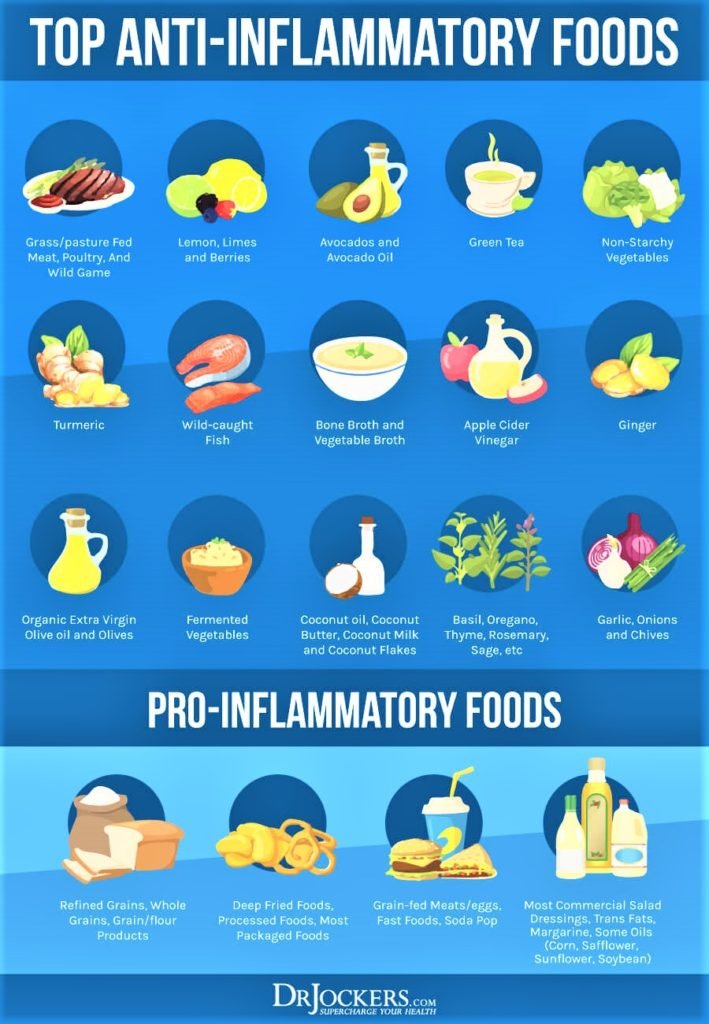1. Intro:
- Is your blood sugar still high? (despite trying hard to bring it down). e.g. over 100 in the morning. 120 – 200 during the day. A1c still too high (5.8, 5.9, over 6).
- It’s not your fault.
- Handling diabetes is hard to do on your own.
A. How making just one of these Seven mistakes can keep you diabetic and make things worse:
B. The Most important thing to focus on related to diet and how to avoid dietary mistakes:
C. Why relying on the “standard of care” and medications is a losing battle:
D. The Big mistake most people make when checking their blood sugar:
E. Why trying to fix your blood sugar yourself can be disastrous:
2. The Seven Most Common Blood Sugar Mistakes:
A. Relying too much on meditation and conventional diabetes care:
a. Drugs never fix diabetes:
- Drugs can help to bring blood sugar down, but drugs do not treat the root cause of diabetes.
- e.g. if you have a fever due to an infection, then Tylenol will help to bring down your fever. However, Tylenol will not kill the bacteria that’s causing your infection.
b. The Standard of Care:
- is via drugs.
- First-line therapy is metformin and comprehensive lifestyle (including weight management and physical activity).
B. Assuming it’s ALL about diet and exercise:
a. This alone is not enough to fix the root cause of diabetes:
- You have an adaptive response and your body will become more efficient in still increasing your blood sugar levels over time, despite your exercise and dietary changes.
- You need to challenge your body to do something different so that there’s change.
C. Snacking:
a. Even snacking on healthy foods is not good for you:
- Snacking never allows your body to reset its metabolism, to shift from the fed state into the fasting state (when you’re sleeping).
- That keeps your insulin levels high and keeps you insulin-resistant.
- Humans are Not grazing animals. Our diet tends to be more inline with a carnivorous animal.
- We’re meant eat, then stop eating, then eat again.
- Snacking leads to overeating, and oftentimes, you don’t snack on healthy foods.
D. Over-consuming energy (carbs + fat):
a. Over-consuming carbs and/or fat:
- This puts us into an energy surplus, which basically is what diabetes is, including the keto diet.
- We overload the system this way.
- Want high protein (protein grams) to low energy (carbs + fat grams) ratio: 1 – 1.5 ~2g.
- Check out the PE (protein energy) diet.
- Check out the Profast diet.
E. Not checking blood sugar at the right times:
a. Just checking fasting blood sugar first thing in the morning:
- check blood sugar around different activities throughout the day.
- The Libre 2 – continuous glucose monitoring system is most commonly used.
- The Libre 3 – feeds data constantly.
- Get a good baseline blood sugar level. Within 30 minutes of waking, first thing in the morning, as soon as you get up – Morning Fasting Baseline test.
- Also do a pre-dinner fasting baseline – 4-5 hours between lunch and dinner.
- See which one is the lowest. The lowest one is your baseline.
- Every deviation above that is elevated blood sugar.
- Also check after meals (1 hour after you eat). That will tell you how that food affects your blood sugar.
- Your morning fasting blood sugar is more about your metabolic state than what you ate the day before.
F. Trying to use a “one size fits all” approach or chasing trends:
a. There’s no “one size fits all” approach:
- There’s no miracle cures to diabetes, i.e. does not fix the root cause of your diabetes. It just keeps your blood sugar level under control.
- e.g. new probiotics, plant-based diet, keto-diet, etc.
- One method is never going to work for everybody – probably just works for 10%.
- You have to be willing to try different things and change your approach if it’s no longer working.
G. Attempting to fix diabetes or blood sugar on your own:
a. Relying on those online events or programs:
- It’s too risky. Too many things can go wrong. Most is based on the success of a few, not for every single person.
3. Conclusion:
- A comprehensive solution with Guidance, Support and Accountability.
- Comprehensive lab evaluation finds and fixes the underlying root cause – executive metabolic lab evaluation.
- Detailed metabolic lab panel:
- Fasting insulin and C-peptide
- Expanded liver enzymes
- Advanced inflammatory markers – CRP
- Comprehensive thyroid panel
- Adiponectin/Leptin ratio – tells you how healthy or sick your fat cells are.
- Oxidative stress markers
- Mineral assessment
- Cardiometabolic healthy assessment
- Advanced lipid particle panel
- Blood sugar sub-type and root cause assessment:
- https://drmowll.lpages.co/metabolic-map/
- https://drmowll.com/
- Replay: Link (02/05/23)

